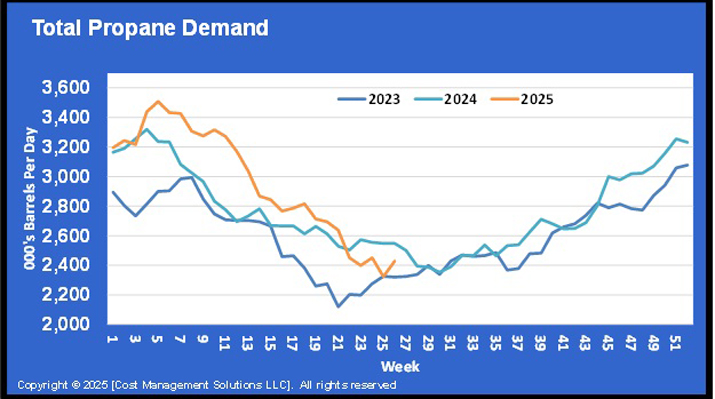Value drivers help determine EBITDA calculations

Abbate
If you look into how businesses are valued, you will likely hear that the most common method is a multiple of EBITDA (earnings before interest, taxes, depreciation and amortization), sometimes referred to as cash flow or operating income.
Actually, when a valuation is performed, it is typically done on a multiple of “adjusted EBITDA.” Financial information is adjusted to normalize the earnings. There could be weather adjustments, hedging adjustments, expenses that could have been capitalized, and there are almost always adjustments to remove owner compensation and expenses that would not occur under new ownership. These are sometimes referred to as owner add backs.
Every purchaser will also do his or her own financial model to come up with a “purchaser EBITDA” based on operating synergies and projected gross profit and operating expenses. So, everyone looking to purchase a company will have a slightly different EBITDA calculation.
No matter which EBITDA you come up with, you have to pick a multiple to use to calculate a value. You also must determine what assets are included in the value. Does it include real estate or propane tanks or vehicles or working capital? Once again, every purchaser will include different assets. However, comparing apples to apples on an offer becomes easier as you can quantify the value of most physical (hard) assets. It’s getting to the intangible asset value of the customer list and goodwill that makes you jump from math to art.
Determining the multiple of EBITDA to use is based on value drivers. What makes one business more valuable than another? Let me give you an example.
Take two propane companies. Both have $2 million in company-owned propane tanks at customer locations. For one, that represents 90 percent tank control of total customers, and for the other, the control is 20 percent. The company with 20 percent would be a larger company in volume and likely EBITDA, yet would have less of a value multiplier, as the lower tank control would be seen negatively by a buyer.
Here is a list of several microeconomic value drivers:
- Size of business
- Percentage of company-owned propane tanks
- Customer makeup – residential/commercial/agricultural
- Customer demographics – median household income
- Vehicle and equipment age and condition
- Bulk tank storage/real estate
- Concentration risk analysis (bids/co-ops)
- Safety and compliance (propane gas checks)
- Automatic delivery
- Tank monitors
- Service contract percentage
- Customers on a budget
- Customers using automatic credit card payment
- Exposure to natural gas/electric conversions
- Competition for assets
- Employee non-competition concerns
- Product mix
- Union vs. non-union employees
There are other macroeconomic factors that will affect the multiplier. The big one is the cost of capital. Buyers are looking for the best return on investment, and most are not using 100 percent of their cash. Easy access to capital and low interest rates can drive up multiples. Low product cost means less working capital is needed for revolving lines of credit. This advantage also drives up overall return on investment. As a result, it drives up the multiple.
Tax incentives are another macroeconomic value driver. Accelerated depreciation, as an example, gives purchasers an incentive to achieve higher after-tax returns. That is an environment that incentivizes investment in business and also drives up value.
If you are a purchaser looking to acquire a business, do your adjusted EBITDA financial projections and take a hard look at the value drivers to make the best possible investment. If you are a seller, you should also look at ways to maximize your EBITDA and be able to identify and quantify your adjustments. As a seller, you should also look at value drivers to plan on a maximum return on your business asset.
Steve Abbate is managing director, principal, at Cetane Associates LLC. Cetane provides financial advisory services to owners of propane and heating oil distribution businesses. He can be reached at sabbate@cetane.net or 860-592-0089, ext. 1.
Featured photo: LumiNola/iStock / Getty Images Plus/Getty Images
















